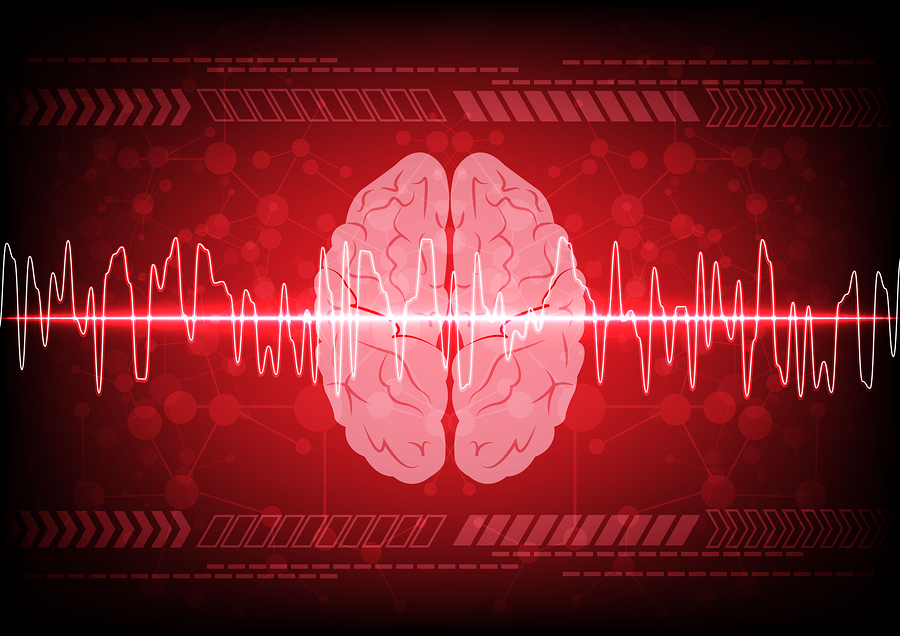A recent study from the Center for Brain Health Research at The University of Texas, Dallas, found that exercise benefited the brain in the areas most often affected: memory and executive function (problem-solving and planning). Their results were published in Frontiers in Human Neuroscience.
How the Brain Benefits from Exercising
From the article:
“For the study, 36 sedentary adults aged between 56 and 75 were randomly divided into two groups – One group did physical training while the other focused on cognitive training. The training took place over 12 weeks with three hours of training scheduled per week. Before, during and after each training session, three sets of data was taken:
MRI, Physiological, Neurocognitive”
For those in the physical training group, they had three, 60-minute sessions per week that began with five minutes of warm up and ended with the same timespan for cooldown. Then they either cycled on a stationary bike or walked on a treadmill for 50 minutes (the pace was set to maintain 50-75 percent of maximum heart rate).
And those in the cognitive group participated in manualized brain training that was developed at the Center for BrainHealth. The training, dubbed SMART (Strategic Memory Advanced Reasoning Training), focussed on three executive functions:
- Innovation – Encouraging problem solving, fluid thinking, diverse perspective taking.
- Strategic attention – Focused on prioritizing brain resources.
- Integrative reasoning – Synthesizing information at a deeper level.
More from the article:
“The group involved in aerobic exercise showed increases in immediate and delayed memory performance. These increases were not seen in the group doing cognitive training. This is the first study that compares cerebrovascular reactivity and cerebral blood flow data obtained from MRI readings. On the other hand, the cognitive training group demonstrated an increase of close to eight percent in global brain flow as well as positive changes in executive brain function compared to the group who participated in the exercise program.”
(It’s believed that the brain networks involved in staying focused on a goal were engaged by the reasoning training- this triggered neural plasticity.)
Aerobic Activity and Reasoning Training
It seems that while both aerobic activity and reasoning training are valuable tools for brain health, they don’t have the same benefits. A program that’s strategy-based will do a better job at protecting your mental edge on a daily basis.
While most people notice memory changes as they get older, and would like a better memory, executive functions like the ability to synthesize info and decision-making are even more important. The results of the study are encouraging and show that we need a more multifaceted approach to brain health.
Source: Science News Journal












